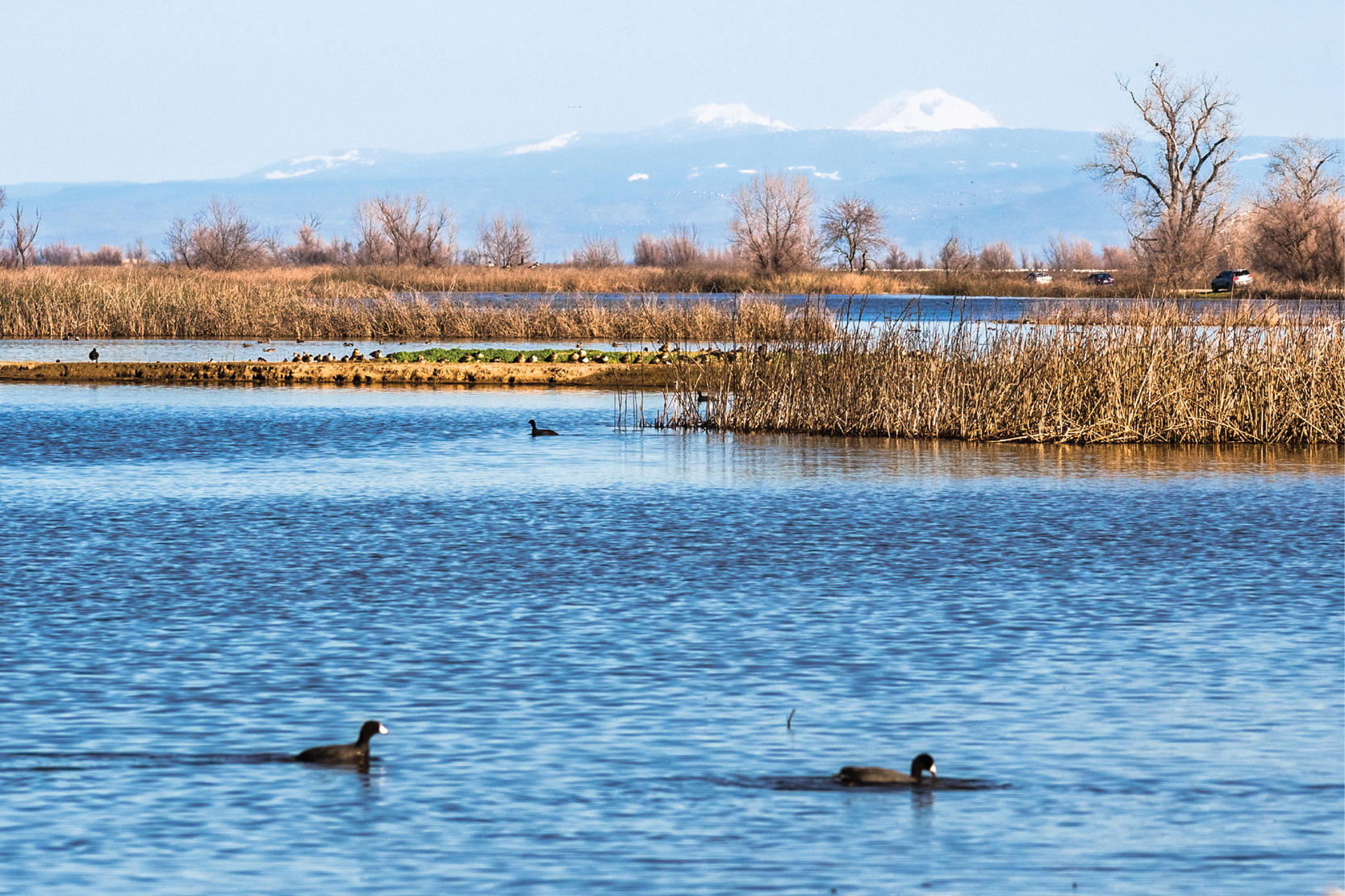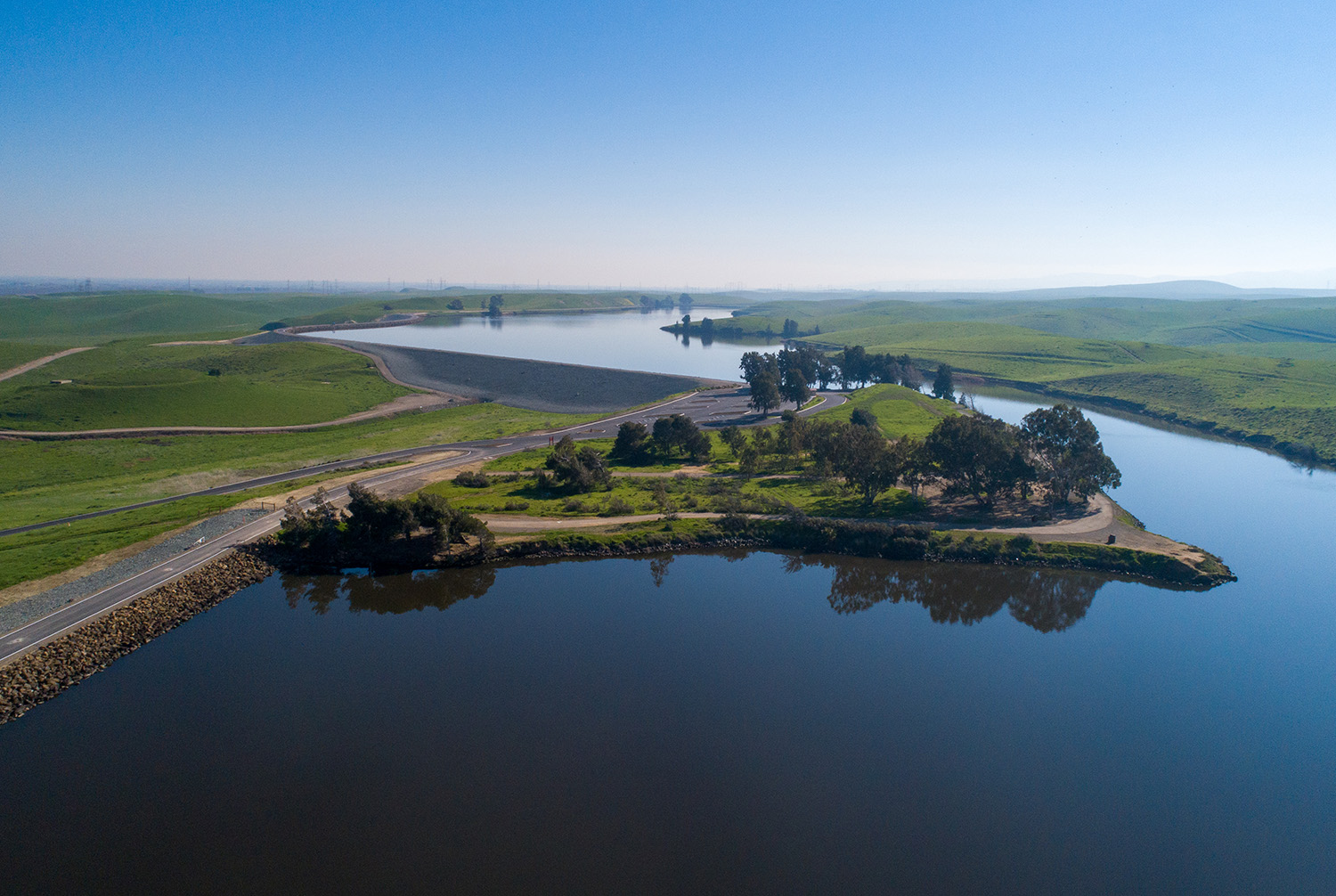 The public review process has begun on the latest proposal to modernize the state’s water distribution system with a project to convey water through the Sacramento-San Joaquin Delta.
The public review process has begun on the latest proposal to modernize the state’s water distribution system with a project to convey water through the Sacramento-San Joaquin Delta.
The Delta is central to the aging water distribution system that provides water for more than two-thirds of Californians.
The current system was built more than 60 years ago to deliver water from the Sierra Nevada through the Delta to homes, farms and businesses throughout the state.
The existing Delta infrastructure is vulnerable due to the ongoing degradation of natural habitats, the threat of catastrophe if Delta levees collapse from an earthquake and increasing water salinity from rising sea levels.

Modernized System
Options covered in the draft environmental impact report (EIR) for the Delta Conveyance Project include Governor Gavin Newsom’s proposal for a single pipeline water conveyance project.
According to the state Department of Water Resources (DWR), if the project had been operational during the big storms in October and December 2021, DWR could have captured and moved about 236,000 acre-feet of water — enough for about 2.5 million people or nearly 850,000 households for a year — into the San Luis Reservoir.
“If approved after completion of the environmental review process, the project will also help California manage through periods of severe drought like the one the state is experiencing now,” DWR said in a news release.
New Delta water transmission infrastructure was one of four essential projects the California Chamber of Commerce and a coalition of Water Conveyance said the state should develop to ensure ongoing, reliable new water sources to serve urban and agricultural uses.
Project Benefits
Supporters say the single pipeline conveyance system will:
• Protect water security for two-thirds of the state. Without action, water supplies through the state’s main distribution infrastructure will become increasingly unreliable.
• Improve the reliability and security of the state’s water system by modernizing aging infrastructure using the most innovative technologies and engineering practices.
• Protect water supplies from the effects of climate change, sea level rise and earthquakes by delivering water through a modern water pipeline rather than solely through today’s deteriorating level system.
• Prepare for the impacts of climate change by improving the state’s ability to capture, move and store water to account for extreme swings in drought and flood, and protect against salinity caused by sea-level rise.
• Serve as a critical component of a comprehensive water portfolio for state and local water managers.
More Information
To help interested parties understand and navigate the draft EIR, DWR has prepared informational resources and tools. Items include explainer videos, fact sheets, brochures, flyers and more. The materials are available on the Delta Conveyance Project website at www.deltaconveyanceproject.com.
Timeline
The 90-day comment period on the draft project EIR will end on October 27. DWR will respond to “substantive comments” in the final EIR and projects that the EIR will be finalized in fall 2023.

